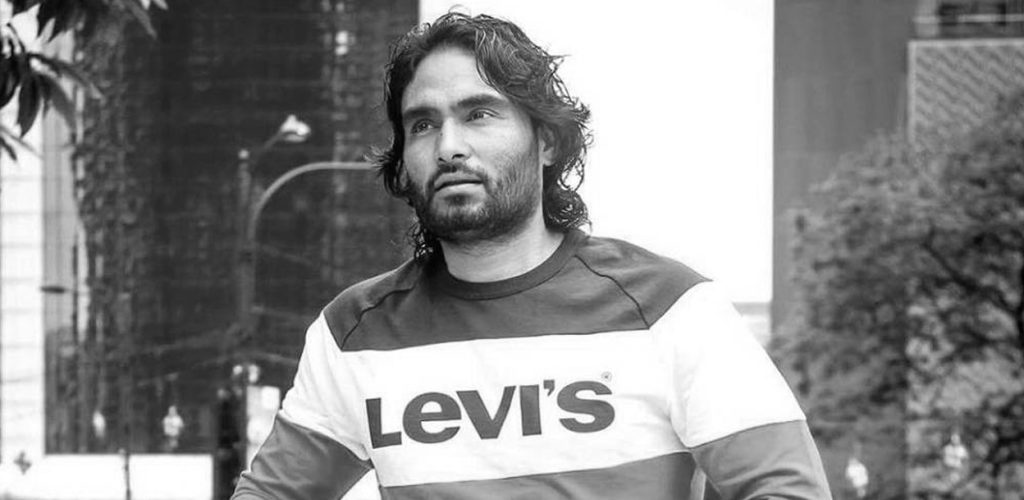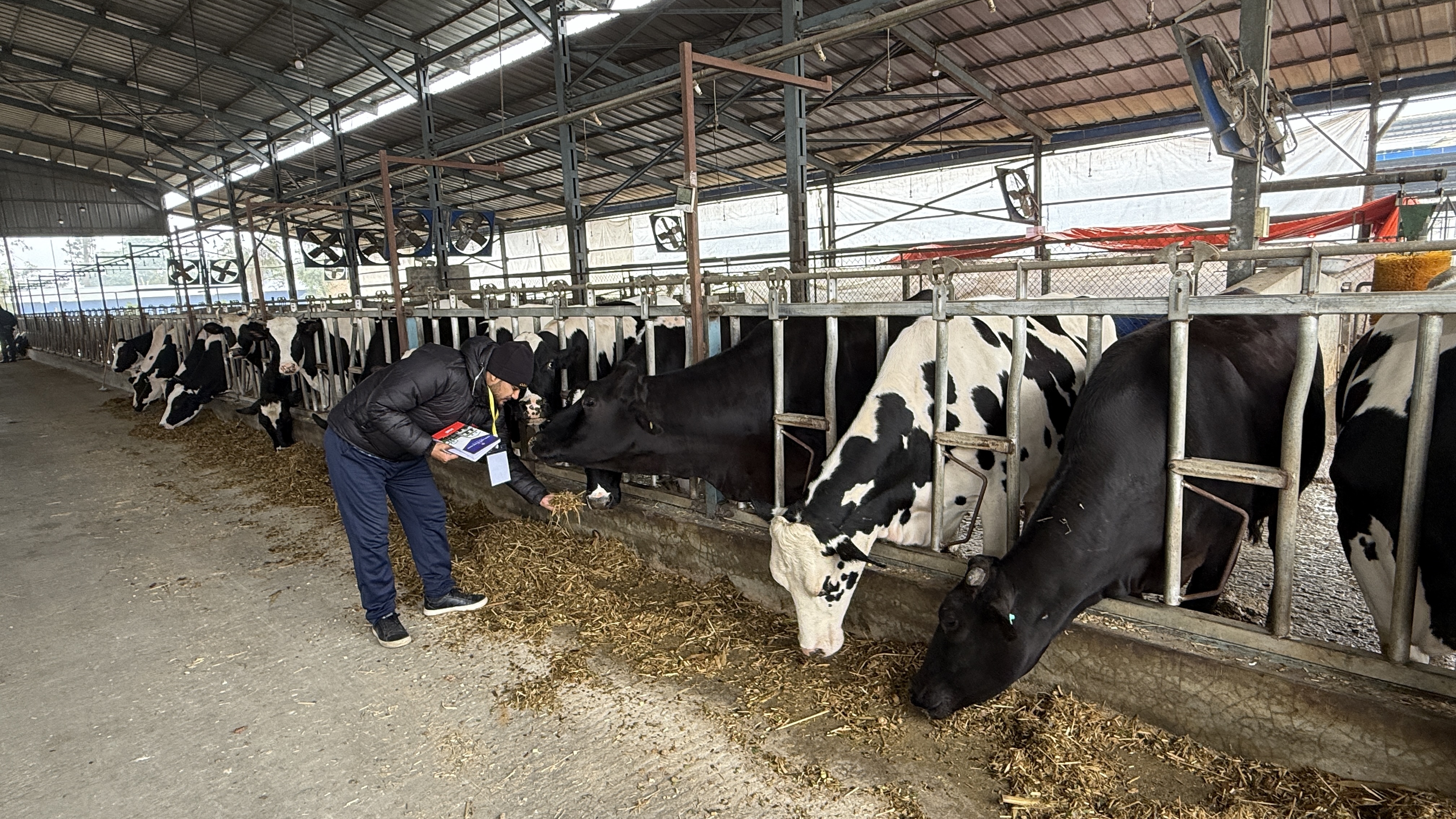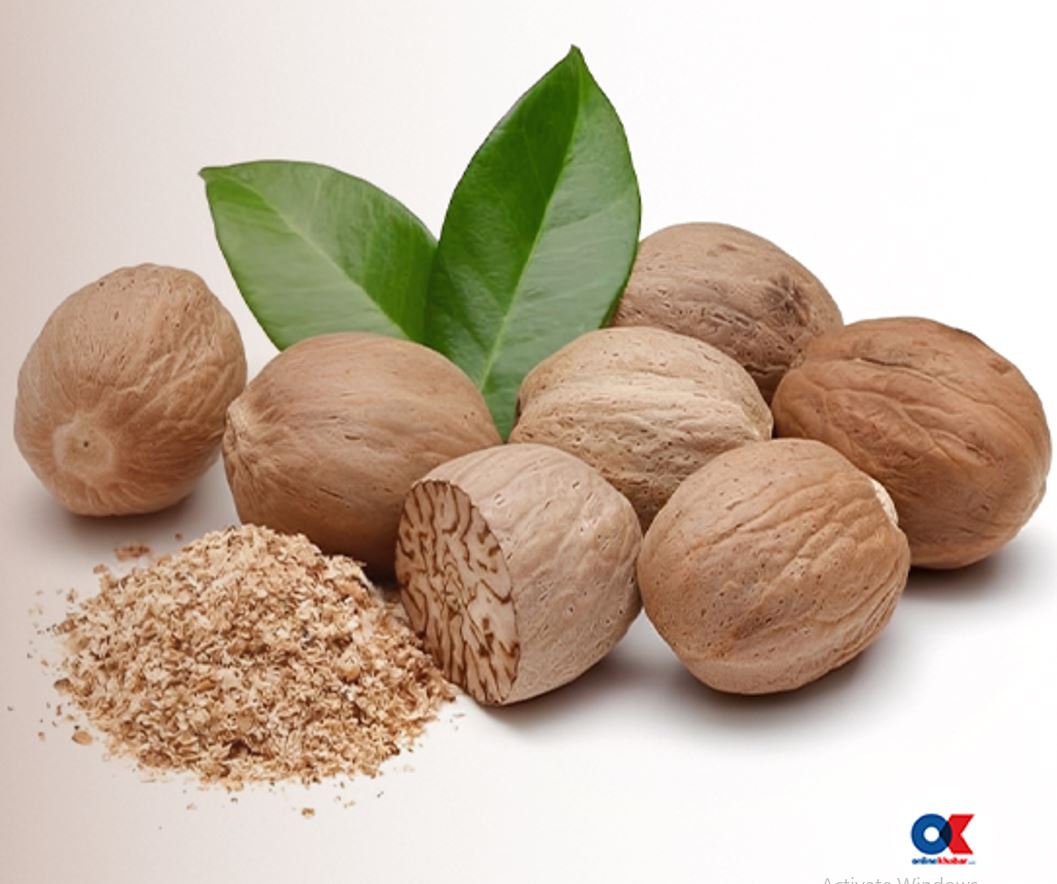
“Thank you for giving me this golden opportunity to fill your Auto.”
That line still echoes in my mind; from classroom benches where friendships bloomed, from afternoons heavy with giggles and coloured pens. The ‘Auto’ was never just a notebook. It was a mirror, a memory-keeper, a confessional. A place where we did not always write the truth, but we always wrote what we wanted remembered. And I think that is more honest than the truth itself. It shows our deepest desires, what we really felt. In the Auto would be a version of us, preserved in someone else’s drawer.
In Oonko Sweater, Phul hands Kafle her Auto at one point in the movie before he leaves for his home. And just like that, I was pulled back into my own childhood.
Watching the film felt like opening an old Auto diary and reading words you had forgotten you wrote. Or reading what someone wrote about you, and realising they saw you differently, more clearly, more kindly than you saw yourself.
Phul has forgotten the girl she used to be. But Kafle remembers. He writes about a little girl running through the flower fields, laughing, radiant. Her name is Phul (flower) and to him, she was more beautiful than any flower. She had upturned his heart then and now again when they are grown up, it is the same. Nothing had changed, only deepened. He loves her. A lot. So he fills her Auto with everything he has carried inside. And through his words, she meets her younger self again.
That is the magic of memory, is not it? We do not remember everything. We remember the feeling– the warmth of a voice, the rush of a moment, the color of a laugh– not always the words. But Auto diaries gave us a way to trap those moments, like flowers pressed in between pages.
And Oonko Sweater is just that: pressed flowers in our book of memories.
It is a love story, yes, but more than that, it is a story of quiet courage. Of tenderness. Of time. It does not race toward plot twists or grand gestures. It takes its time. Like sitting by a hillside, watching clouds shift. The cinematography breathes. The hills are not just backdrops; they are characters. The acting is unhurried, grounded, as if the performers are not performing, just remembering.
Kafle is quiet, gentle. His love is not explosive, it grows like moss. And when he finally speaks through the Auto, it feels earned. Real. He writes what he could not say. That is what many of us did too. The Autos were safe, a space to say what we could not face-to-face. For some, they were poetry. For others, a letter never sent. A bridge. A preservation.
I still have some of my Autos, the ones from school, from those sunlit days when the biggest worry was which pen to use, what photo to paste or what poem to include. I do not talk to most of those friends anymore. I might not even recognise them if I passed them on the street. But when I read their handwriting, their voices return. And, surprisingly, so does mine. Sometimes I wonder: Was I really that person? They describe someone softer, braver, funnier. Someone I have forgotten. But in their memory, I still live.
In the movie too, Phul says “Timile ta malai aafno samjhana ma bachairakheko raichhau” (translates as, “You have kept me alive in your memories.”)
Oonko Sweater reminds us that we are remembered. Even if we change. Even if we drift. Someone, somewhere, still carries a version of us in their pages.
The movie really feels like a page torn from an old Auto: full of fragments, colours, emotions preserved like pressed flowers. It does not shout. It whispers. And like a page turned softly in a childhood notebook, its voice stays with you.
Have you kept an Auto? Do you still read it sometimes? Do you hear the voice of your old friends in their words? That is what this movie feels like. Like someone wrote to you years ago. And somehow, it finally found its way to you.






















